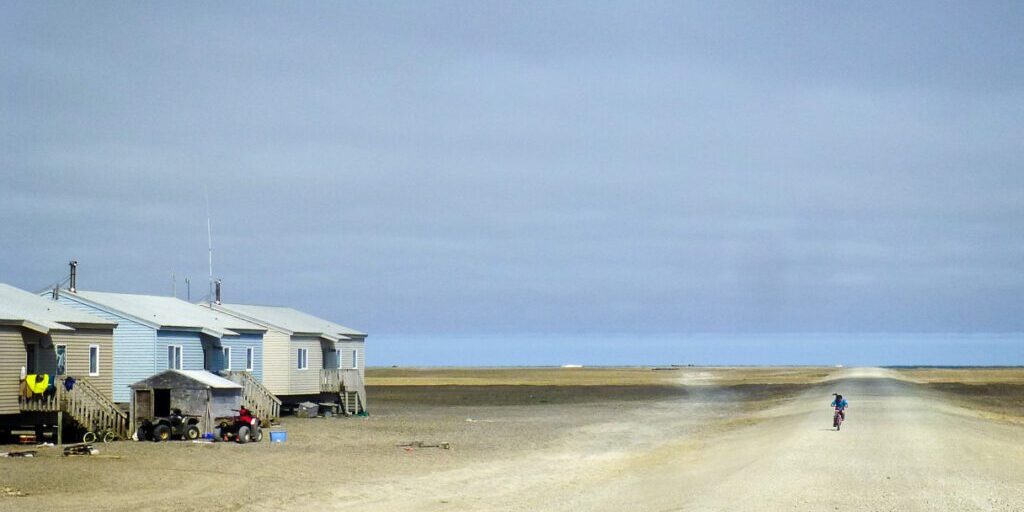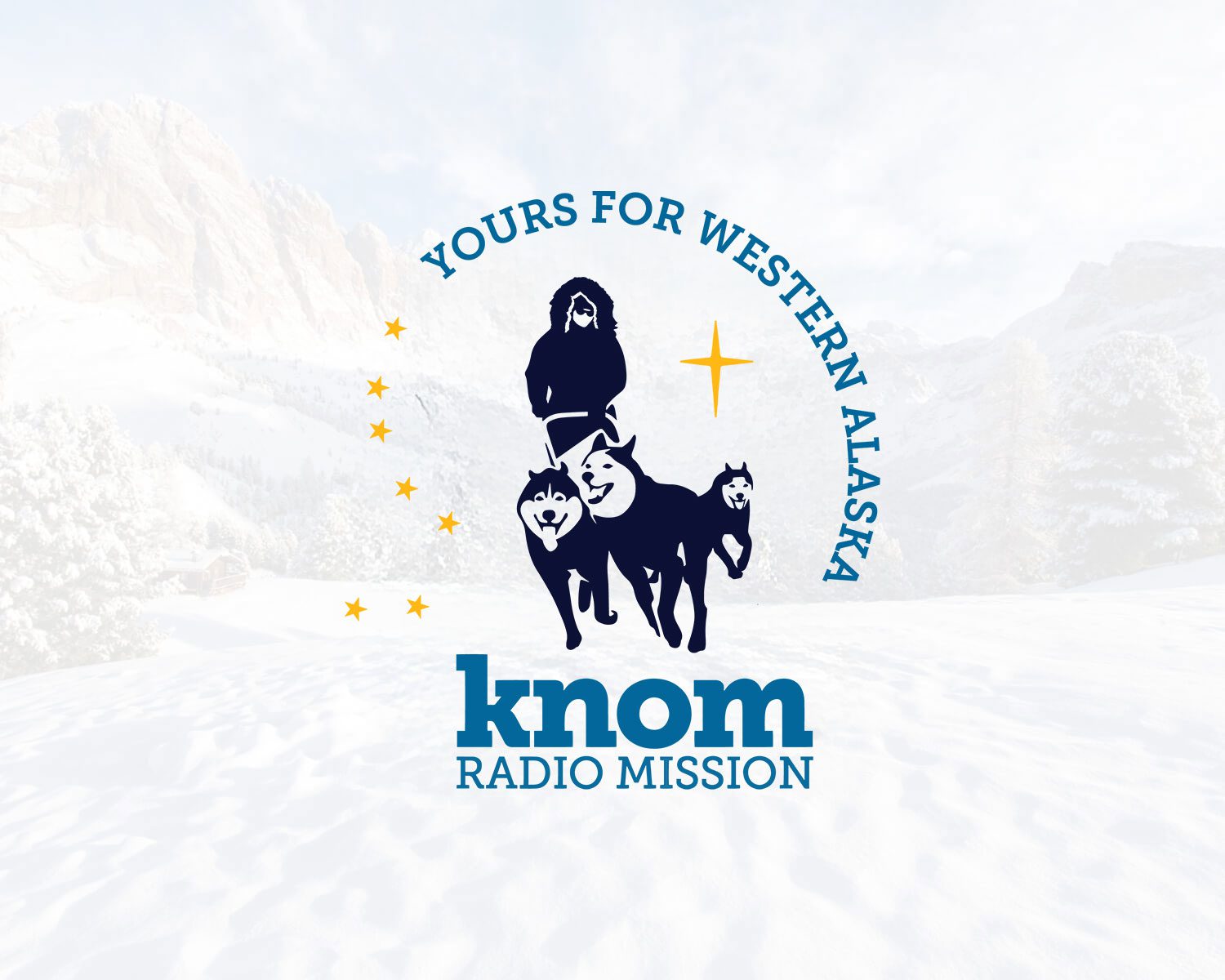This is a term that gets thrown around in the service world and in the military. What does it mean? Re-entering your old life after being away “in service” may be shocking and overwhelming.
It may be strange to think about culture shock within the United States but that’s the beauty of Western Alaska—it may be a part of the US, but the culture is so unique that it feels like you are in another country.

Very soon I will be going on vacation to see family and friends in the lower 48. As a second-year volunteer KNOM gives you a month-long paid vacation and goes as far as paying for your travel expenses back home and providing a small stipend. Tara, my Morning Show co-host, will be taking over my early morning duties at the station while I’m gone. I have been working hard to make sure that all my production work is ready to go in my absence, and I’ve been cleaning and doing laundry like a fiend. My flight to the east coast has four connections, each in a bigger city and bigger airport than its predecessor. If you were wondering, yes. I am freaking out a little bit.
There are more people in the Anchorage airport at any given time than the entire population of Nome. There are more restaurants, stores, and electrical outlets in one airport floor than I’ve seen in over a year. There will be buildings, tall buildings, and offices, and houses, and museums, and shopping malls and coffee shops and people and roads everywhere I look. The Internet will soon be fast enough to stream movies and videos. Starbucks, yes, Starbucks, will be everywhere, along with every chain restaurant imaginable. I am coming home to a government shut down (in DC), traffic jams, air pollution, and warm temperatures, and I’m not sure how I feel about this once-familiar environment. Having lived in large cities most of my life, I assumed that’s where I would live the rest of my life. But it turns out that I am better suited for small-town living than anything else.
I like the quiet and the isolation. I like having to figure out what to do with my free time, I even enjoy the mundane moments of cooking, cleaning, and sleeping in a place with little distractions. I like the sense of space created by the vastness of the tundra and the openness of the skies. And the sea. I could sit by the sea wall for hours at a time if it didn’t get so cold.
Our ability to create places of quality and character depend on our ability to define “space,” and for me space has a spiritual equivalent that can heal what is divided and burdensome. Space, in that sense, is freedom. Some of us fear open spaces, there’s something off about looking into the distance and seeing nothing but fields; where’s the infrastructure? You may ask yourself. But the emptiness and the silence that comes with it is supposed to give us peace and sanity.When I am around someone disturbed by the silence, I worry for them.

True, small-town living has its pros and cons, just like any other place. I suppose the grass is always greener on the other side. Don’t get me wrong. I am looking forward to go on vacation. I am tired and I miss my friends. I may not be a fan of the city anymore, but just like any other space I understand it’s up to me to give character and life to whatever place I inhabit. It just happens that cities are already full of things, people, and buildings, so there’s less freedom there for me to think and get creative with how I fill these spaces.
Before I go I would like to share with you something I read the other day. It’s from a book that was assigned to me in college, a book I recently returned to. I remember skimming it as a 21 year old and disliking it immensely. This time around, I had a hard time putting the book down. It’s from a collection of essays about the author’s experience moving to Wyoming, living in a farm, and herding sheep. It captured the spirit of the west in the mid 70s—something very much alive today in Nome—in words I could have written myself.

“Everything in nature invites us constantly to be what we are. We are often like rivers: careless and forceful, timid and dangerous, lucid and muddied, eddying, gleaming, still… we have a cultural tendency toward denial, but, being affluent, we struggle ourselves with what we can buy. We have only to look at the houses we build to see how we build against space, the way we drink against pain and loneliness. We fill up space as if it were a pie shell, with things whose opacity further obstructs our ability to see what is already there.”
~Gretel Ehrich, The Solace of Open Spaces







